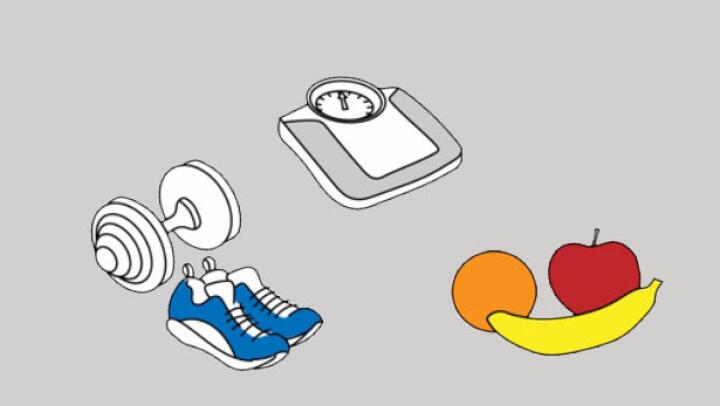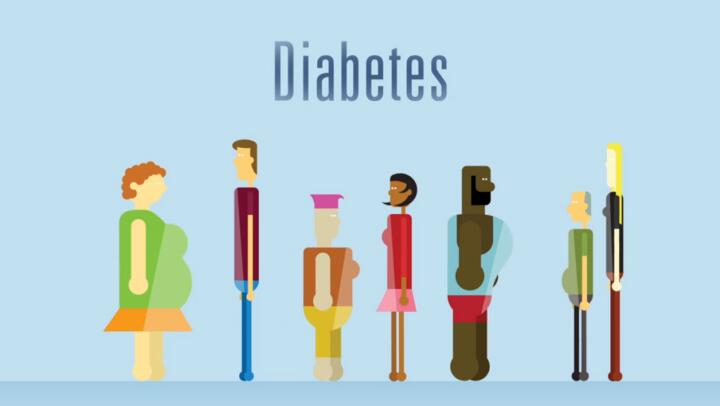Up to 70% of people with diabetes have some form of nerve damage, known as diabetic neuropathy. The longer you are diabetic, the more likely you will develop diabetic neuropathy.
Diabetic neuropathy can bring on pain and other troubling symptoms that can affect your quality of life. That's why it's so important to accurately convey your symptoms to your doctor, so you can get the relief you need.

Diabetic nerve pain can impair your ability to sleep, exercise, walk, work, and engage in other everyday activities. There’s no cure for diabetic nerve pain. But keeping your blood sugar under good control can help manage the condition.
The first step to getting help and developing a management plan that’s right for you is talking about your nerve pain with your doctor. When you make your appointment, let the doctor’s office know that’s the reason for your visit. Here’s what you can do to make the most of that conversation.
Prepare for your appointment
Before your doctor’s visit, think about your symptoms. When do they affect you the most and how often? Which are the most troublesome?
The American Chronic Pain Association recommends the mnemonic device “FIST” to help you structure your thoughts and guide the conversation you’ll have with your doctor.
F: Frequency of the pain you experience
How often do you experience pain? Do you experience it daily? At night? All the time? Sometimes? When you do certain activities? In the morning? Try to be as specific as possible about the frequency of your pain symptoms.
I: Impact on your daily life
Does your pain affect your sleep? Your ability to walk, exercise, work, drive or take care of your family?
S: Symptoms
What does your pain feel like? Is it a burning sensation? Or is the pain more stabbing, stinging or jabbing? Do you experience numbness or tingling? Pins-and-needles prickling? Shooting pain? Extreme sensitivity to touch?
Again, try to be as specific as possible about what your pain feels like. You might say, for example, “It feels like wasps are stinging my hands and feet,” or, “I hate wearing shoes.”
T: Type of pain
This also means where you have pain. Do you have pain only in your feet, in your hands, or both?
Then, put it all together, such as: “Every night, I toss and turn because I can’t stand the feeling of the sheets on my feet,” or “Every morning, it feels like I’m walking on crushed rock and my shoes feel too small.”
Write down your answers so that you don’t forget to mention them at your doctor’s visit.
Diagnosing neuropathy
Based on your description of your pain at your visit, your doctor can examine your feet and perform a monofilament test, which assesses the feeling in your feet by touching your foot with a nylon monofilament that’s similar to a bristle on a hair brush, or prick your foot with a pin.
Other tests are available to diagnose neuropathy, such as an electromyogram, which checks the transmission of electrical current through a nerve.
Treatments for diabetic neuropathy
There are many FDA-approved medications that work to relieve diabetic nerve pain including:
Acupuncture, biofeedback, and physical therapy may also help relieve pain in some people, as can a bed cradle, a device that can keep sheets and blankets from touching sensitive feet and legs.
To help manage your pain, your doctor may suggest changes to your diabetes care plan to bring your blood glucose consistently closer to a normal range. This can help limit nerve damage, as well as pain relief and other treatment options.
Take notes
Write down the key points of your discussion so that you’ll be sure to make changes that may help you. If your symptoms don’t improve, be sure to mention it at your next doctor’s visit so that you and your doctor can adjust your care plan and closely monitor your situation.





























